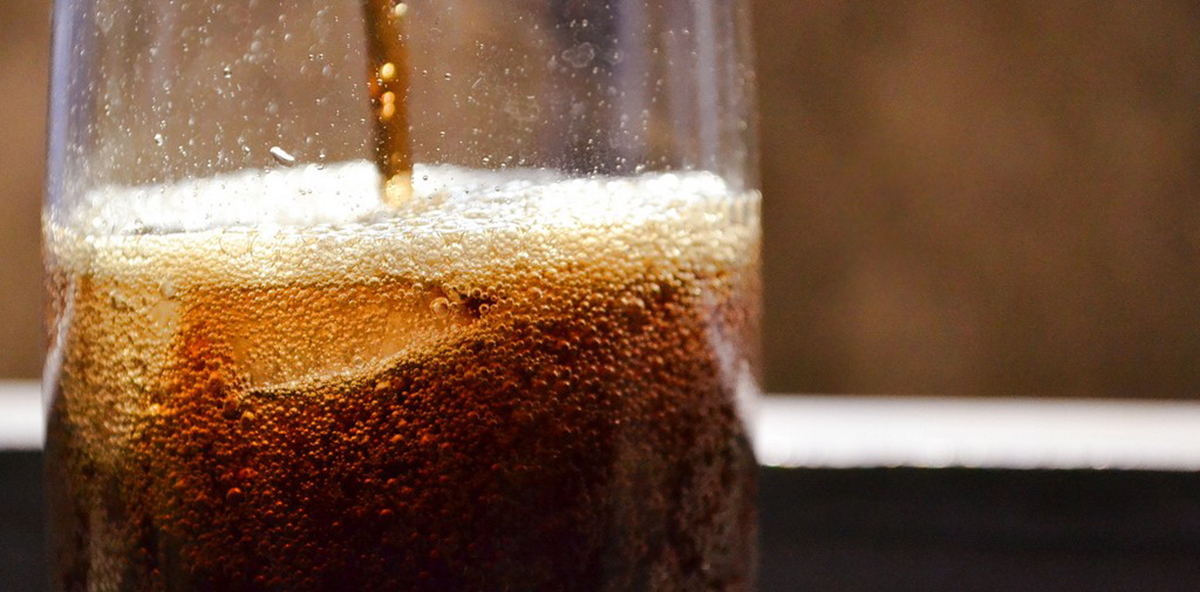Table of Contents
Sodas and sweetened beverages not only have no nutritional value, but they are also closely related to several diseases. As already mentioned, all the sugar that is contained in these type of drinks turns into fat, promoting weight gain, overweight and obesity.

Sugar is not so sweet to your metabolism
Overweight and obesity are closely related to other illnesses. There are several studies that have shown that soft beverages consumption is a risk factor for the development of diabetes, cardiovascular disease, hypertension and alterations of mental abilities.
Scientists have studied the relation between soda consumption and several illnesses for years, in children, adolescents and adults.
For instance, studies have found that children and adolescents with behavioral problems such as aggression and attention issues are avid consumers of soda and other sweetened beverages.
Here are some numbers for you to have an idea of the health risks of drinking soda and other soft drinks:
- In both, men and women that drink at least one can of soda per day, the risk of having a heart attack is 20% higher than for those that do not consume these products at all.
- In a similar case, the risk of having gout is 75% greater in soda drinkers than non-drinkers and in the case of developing type 2 diabetes, the risk is 26% greater.
- If this was not enough, the acidity of soda and sweetened beverages damages teeth and has also been related to osteoporosis.
These are certainly alarming statistics. Despite all this, some people believe that there is not enough evidence to blame it all on fructose content, not only in sugary beverages but also in processed foods in general.
What about diet soda?
Well, it seems that it is not as good as it sounds either. You could think that by drinking diet soda you avoid the calories and still enjoy their great taste, but this does not happen.
When you drink a diet Coke, your brain thinks it is actually getting something nutritious, but when it realizes the contrary, your brain gets confused and alters its response to sugar consumption, altering your metabolism.
See Also: 7 Surprising Reasons To Give Up Soda
In a study conducted by researchers in the Johns Hopkins Bloomberg School of Public Health, it was detected that adults who consumed diet soda tend to snack more and have greater body mass index (BMI) than those who drink regular soda. This may also be linked to how the brain responds to artificial sweeteners. So, be careful, you might be avoiding calories in your soda, but you may also be getting even more in the form of sugary foods.
Drinking soda and other sweetened beverages is fine, as long as you don´t make them an essential part of your diet. Even when it is still not known if soda is actually causing all these diseases, it does not make you any good either. Water or naturally flavored water is always a good option to filling your body with sugar and no nutrients at all.
- LAKHAN, S. E. & KIRCHGESSNER, A. 2013. The emerging role of dietary fructose in obesity and cognitive decline. Nutr J, 12, 114
- Quanhe Yang, Zefeng Zhang, Edward W. Gregg, W. Dana Flanders, Robert Merritt, Frank B. Hu. Added Sugar Intake and Cardiovascular Diseases Mortality Among US Adults. JAMA Internal Medicine, 2014
- Sara N. Bleich, Julia A. Wolfson, Sienna Vine and Y. Claire Wang. Diet Beverage Consumption and Caloric Intake Among US Adults Overall and by Body Weight. American Journal of Public Health, January 2014
- Shakira F. Suglia, Sara Solnick, and David Hemenway. Soft Drinks Consumption Is Associated with Behavior Problems in 5-Year-Olds. The Journal of Pediatrics, 2013
- VENTURA, E. E., DAVIS, J. N. & GORAN, M. I. 2011. Sugar content of popular sweetened beverages based on objective laboratory analysis: focus on fructose content. Obesity (Silver Spring), 19, 868-74.
- Photo courtesy of Tom Page by Flickr : www.flickr.com/photos/tompagenet/2486455101
- Photo courtesy of Soumyadeep Paul by Flickr : www.flickr.com/photos/soumya_p/7175740569

